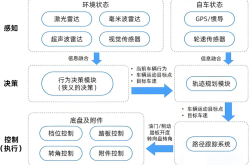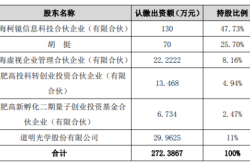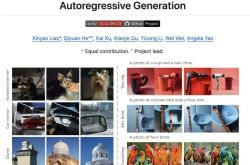Guanghui Auto faces delisting: Where is the way out for dealers?
![]() 07/17 2024
07/17 2024
![]() 520
520

Introduction
Amid the current industry turmoil, Guanghui Auto is certainly not the last dealer group to suffer significantly.
Editor in Charge: Cao Jiadong
Editor: He Zengrong
Will China's auto market follow in the footsteps of the real estate industry? For now, that moment has not arrived so soon. But there is no doubt that the impact of the intense market turbulence has already placed the Chinese auto market in a sub-optimal state.
Over the past six months, "the entire industry has been groaning" is evident to outsiders. And for everyone within the industry, the pain brought about by rapid market changes is deeply ingrained. From supply chains to OEMs, from aftermarkets to auto dealers, almost all related sectors find it difficult to utter the word "ease."
Looking back at the past 20 years, China's auto market has experienced several industry crises, but none has swept across the entire industry like today.
As Guanghui Auto, a group that has long stood at the forefront of China's auto dealer industry, edges closer to delisting, a sense of powerlessness towards the future development of the 4S store model arises spontaneously.
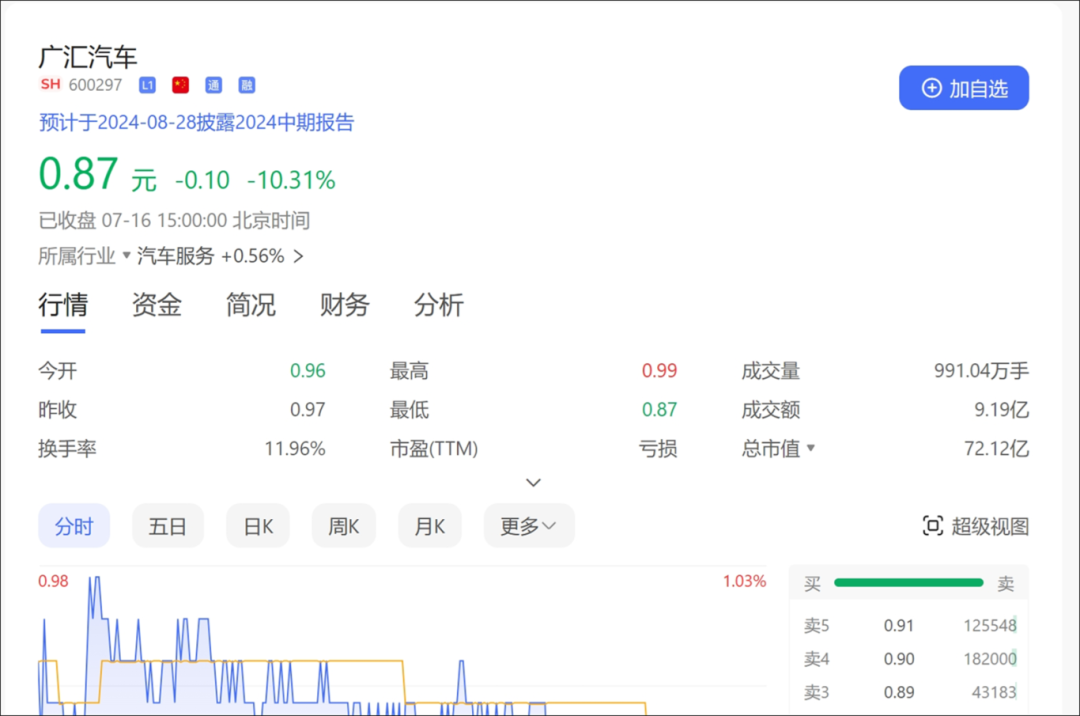
Currently, Guanghui Auto's shares have hit the daily limit down, closing at 0.87 yuan, and have been trading below 1 yuan for 19 consecutive trading days. If this trend continues, and the share price fails to return to 1 yuan on the last day, it may be delisted due to closing below the 1 yuan par value for 20 consecutive trading days.
At that time, this will not only mean that Guanghui Auto will become the company with the highest market value to delist due to the par value. It will also send a new signal to the market: the pace of change in China's auto market has far exceeded external expectations. The profitability of 4S stores is worrying, which may trigger a chain reaction. As a link in the industrial chain, if it snaps, the outcome is unimaginable.
Since the beginning of the year, the auto market has been shrouded in a tense atmosphere.
You could say that all this is due to the rapid penetration of electrification. New entrants have significantly eroded the market share of traditional automakers, and the profound shift in consumption trends has left companies accustomed to step-by-step development disoriented. Furthermore, the sluggish auto consumption caused by the overall economic downturn has pushed the market into a downward phase from the source.
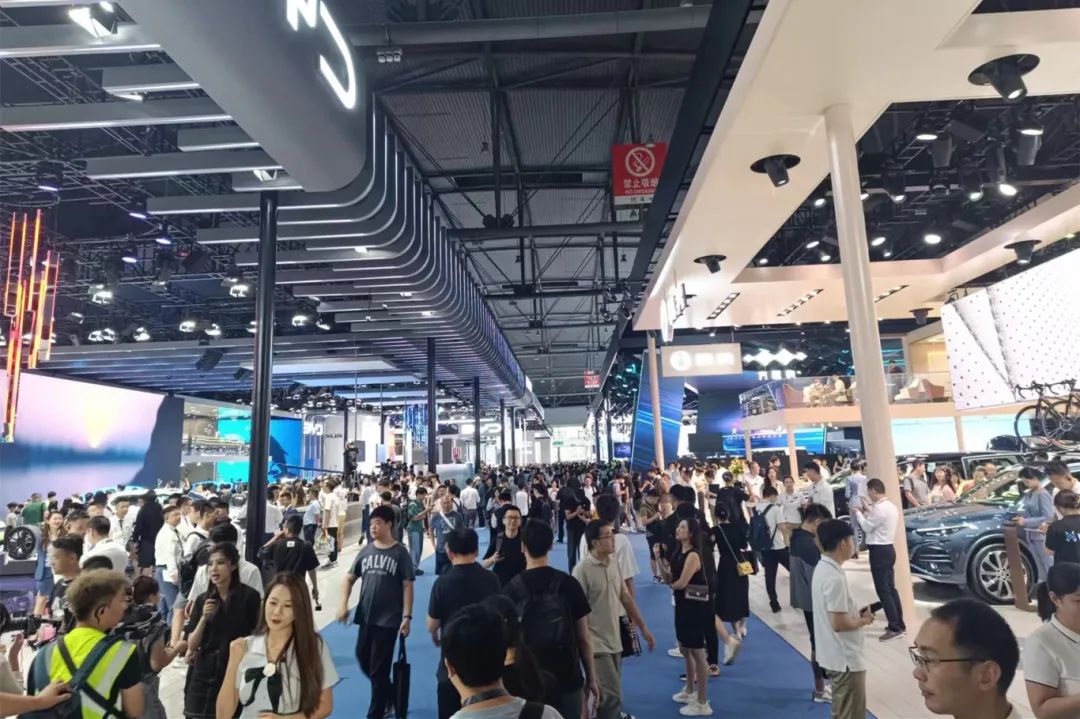
But what can you do in the face of this cruel reality?
Just like Guanghui Auto's past, no matter how dazzling words are used to describe its glory, today, due to the drastic changes in the market, reality is taking a heavy toll. Guanghui Auto, other than enduring the pain, has no means to calmly navigate this extraordinary period.
Indeed, after over 20 years of industry experience, Guanghui Auto's highlights are evident.
In June 2015, Guanghui Auto entered the A-share market, and the following year, it acquired Baoxin Auto, BMW's largest dealer in China, renaming it Guanghui Baoxin. Guanghui Auto has since become China's leading passenger car dealership and service group, China's largest luxury passenger car dealership and service group, China's leading used car dealership and trading agency service entity group, and the largest financial leasing provider among passenger car dealers.

Even in 2023, Guanghui Auto achieved operating revenue of approximately 137.998 billion yuan and sold 595,700 new vehicles. In terms of channels, the company has established a national auto dealership network covering 28 provinces, autonomous regions, and municipalities, operating 735 business outlets, including 695 4S stores.
Presumably, all these achievements demonstrate Guanghui Auto's substantial foundation and its status as an industry leader.
However, on the other hand, as the company's share price has continued to weaken since 2018, hovering below 3 yuan in 2022 and falling below 2 yuan at the end of 2023, it is now on the brink of delisting. I can only say that for auto dealers operating with heavy assets, the superficial gloss is too fragile.
As early as 2022, in response to Guanghui Auto's rapid decline, some argued that it was the rapid changes in the overall environment that made its entire business difficult.
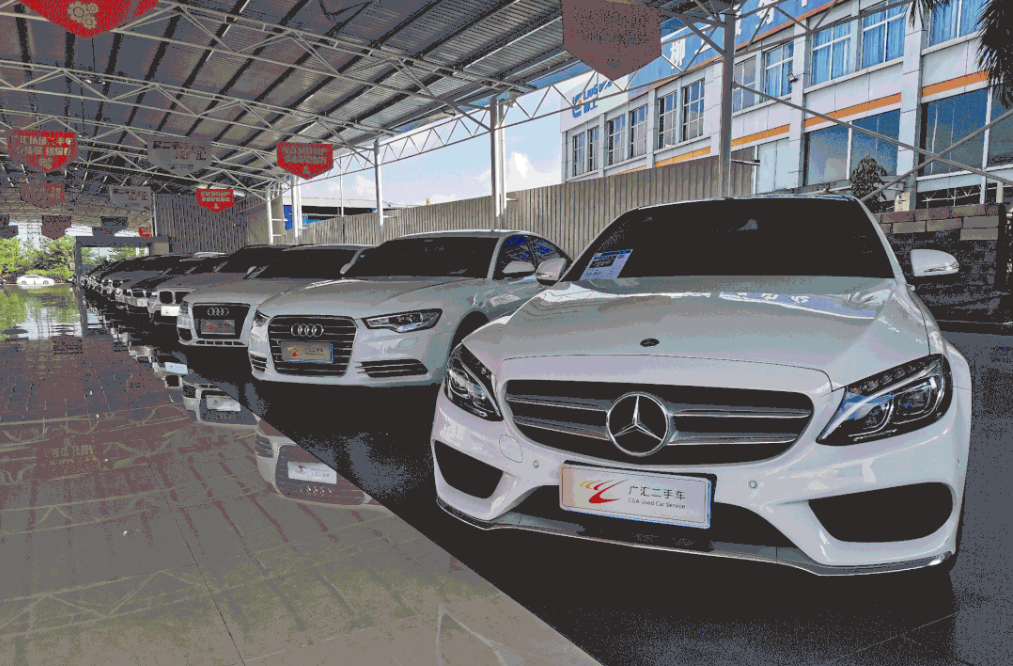
When the traditional 4S store model shifted to direct sales, the rapid loss of consumers severely impacted new car sales. The arrival of electric vehicles also created cracks in the after-sales system. Guanghui Auto, being slow to adapt, relied on its past accumulations to survive this special period without deploying more effective buffering measures, which is a crucial factor contributing to its survival dilemma.
To be honest, according to the 2023 National Auto Dealer Survival Survey Report released by the China Automobile Dealers Association, over 70% of dealers failed to complete their annual task targets; the loss ratio accounted for 43.5%, while the profit ratio was only 37.6%.
We are well aware that in the past two years, not only Guanghui Auto but also auto dealers in general have had a tough time.
From the bankruptcy news of Zhejiang Zhongtong Group at the beginning of last year, with all 19 of its 4S stores closed down, to the delisting of Pangda Group's shares in the middle of the year, and the severe crisis faced by Guangdong Yongao Investment Group at the beginning of this year, to the collapse of Senfeng Group, the largest auto dealer in Yancheng, Jiangsu, involving more than 60 4S stores across 25 brands, all of which suddenly closed down.

These distressing events in the auto industry are brutally telling everyone that the development of China's auto market is gradually pushing auto dealers into the darkest moment.
Will Guanghui Auto have a chance to turn things around? In this regard, I believe no one can answer anymore.
According to its released 2024 first-half performance forecast, the main reason for the expected net loss of 583-699 million yuan is still attributed to the intensified industry competition, with major automakers engaging in price wars to seize market share, which has impacted the company's new car sales or resulted in significant one-time losses when disposing of non-performing assets.
This already openly tells everyone that facing what is happening in the current market, even the strongest dealers are unable to infuse themselves with a significant amount of capital.

Perhaps, times have indeed changed! Whether it's because the price war has intensified to the point where everyone is struggling to survive, the result of relying on the inherent survival model is already in front of us.
Therefore, Guanghui Auto will definitely not be the last auto dealer group to suffer heavily. Its misfortune is merely another epitome of the urgent need for transformation in the entire auto sales industry.

